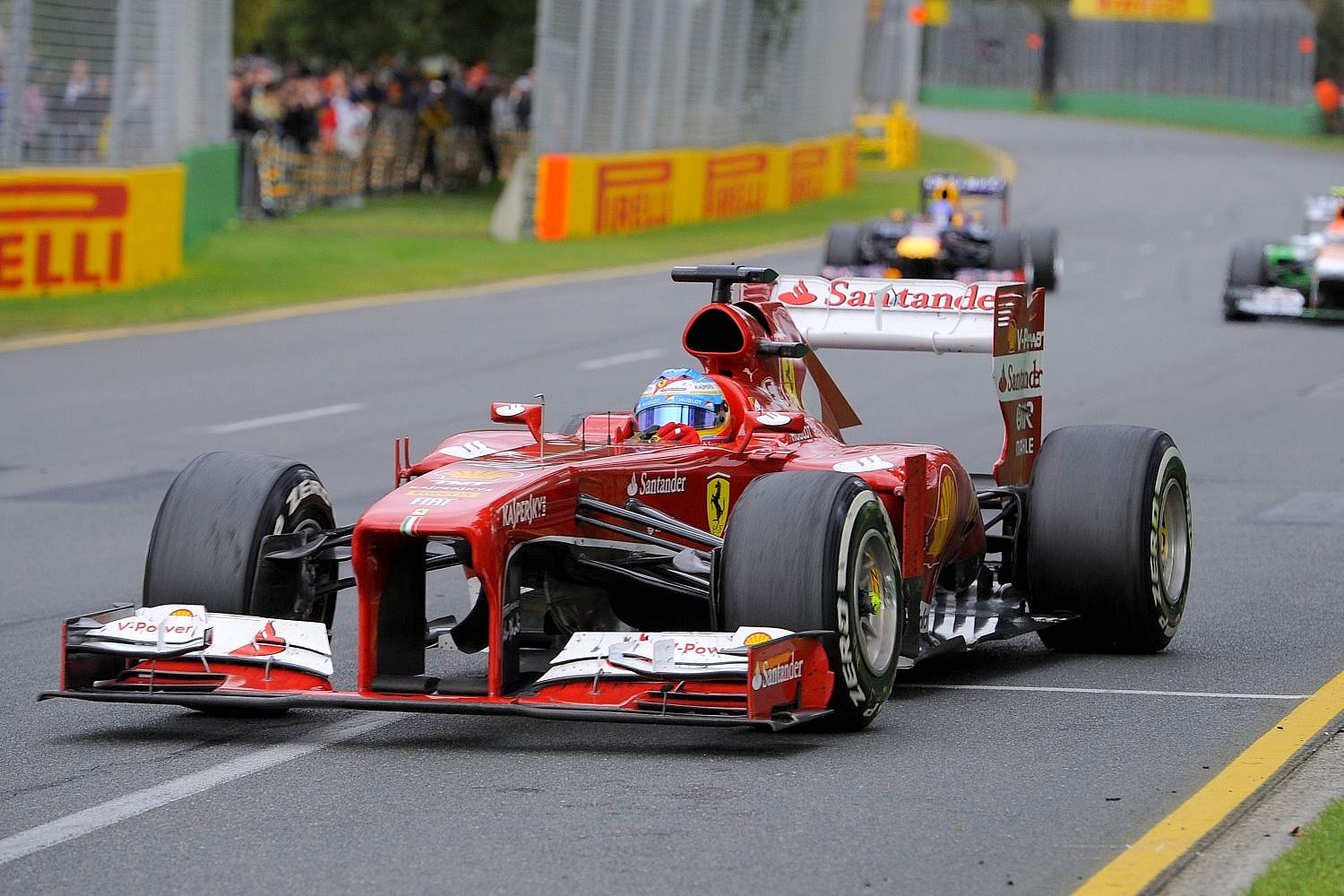Sylt Says F1 Teams’ Struggles Sign Of Global Economic Uncertainty
 |
| Max Moseley was right, F1 would eventually die if costs were not cut. |
The financial struggles of a majority of F1 teams are a sign of the global "economic uncertainty" and the teams’ "potentially outdated" business models, according to Formula Money co-author Christian Sylt. During the first half of the 2013 F1 season, the racing series’ off-track headlines have been dominated by the financial problems of teams such as Lotus and Sauber. McLaren Team Principal Martin Whitmarsh raised concerns about the financial state of F1 teams ahead of the ’13 season when he said that "seven out of 11 F1 teams are struggling."
Sylt agreed with this notion. Sylt told SBD Global, "I think you would be safe to say that the teams in F1 are having probably one of the most difficult times that they have ever faced in the modern history of the sport." In comparison to other companies, F1 teams’ key-performance indicator is not bottom-line profit but on-track success. Sylt: "It’s all about success on track that is [a teams’] yardstick of the company’s performance. What that means is teams will spend literally as much money as they have got coming in from sponsorships, prize money or their owners putting money in. The teams will spend all of that money as much as they possibly can to win on track. So at the end of the year, they generally speaking do not make a profit, they either make a loss or break-even at the best."
This philosophy of spending every cent on increasing the car’s performance is risky in the current economic climate and "potentially outdated," Sylt said, because "you are not putting any cash in the bank in case things go wrong."
TOUGH TIMES: The current economic uncertainty also makes it more difficult for teams to attract sponsors. F1 is one of the most expensive sports to sponsor, with an average price between $5M-$10M. In a healthy economy, the high price tag does not discourage brands from entering F1 as it is the world’s most watched annual sport.
Sylt: "However, when the economy is going down as it has been in recent years, F1 becomes a bit of a sore thumb because it sticks out from quite a distance as being one of the most expensive sports in the world that sponsors don’t gravitate to as much as they would when things are going well in the economy."
He added, "When the economy is in a weak state but improving, as it is at the moment, you have a situation where brands want to get involved in F1 but they don’t necessarily want to throw huge amounts of money at it without consideration, as they previously would have done."
Another problem of an F1 team sponsorship is that if a team does badly, a company’s exposure decreases, and if a team’s cars crash out the sponsor gets no exposure at all. It’s a risk that not many companies are willing to take in the current economic climate. To limit their risk of uncertain exposure, companies have gotten involved in F1 through an official partnership with the series itself. Such a partnership provides companies with trackside advertising and hoardings around the track as well as the right to use the F1 brand and certain footage.
Sylt said, "This is, generally speaking, guaranteed static exposure versus the teams, which is uncertain exposure. So companies such as Rolex, Emirates, and in recent years Tata Communications have gravitated toward sponsoring F1 itself, whereas in previous years they would have gone to the teams." More at Sportsbusinessdaily.com
